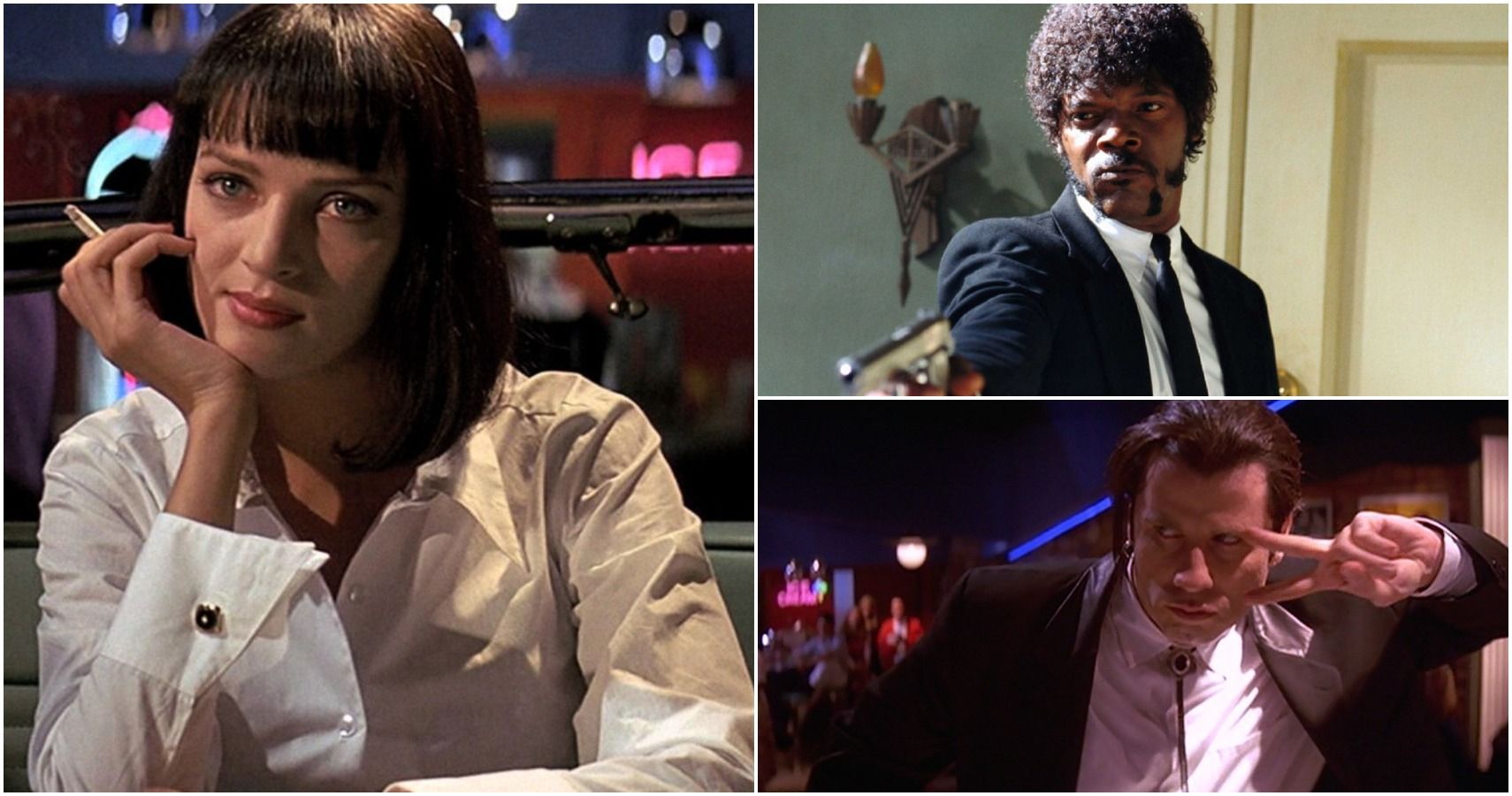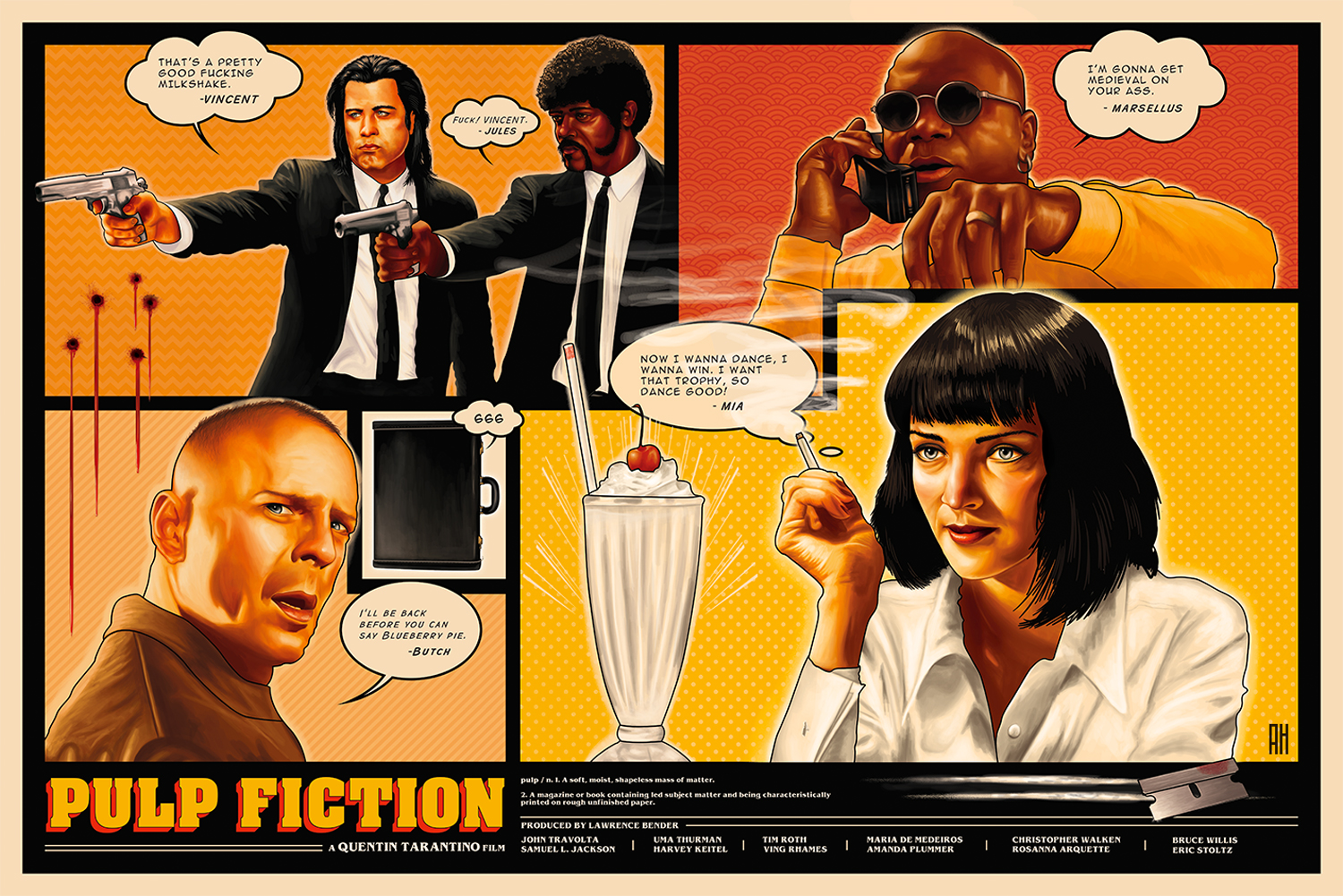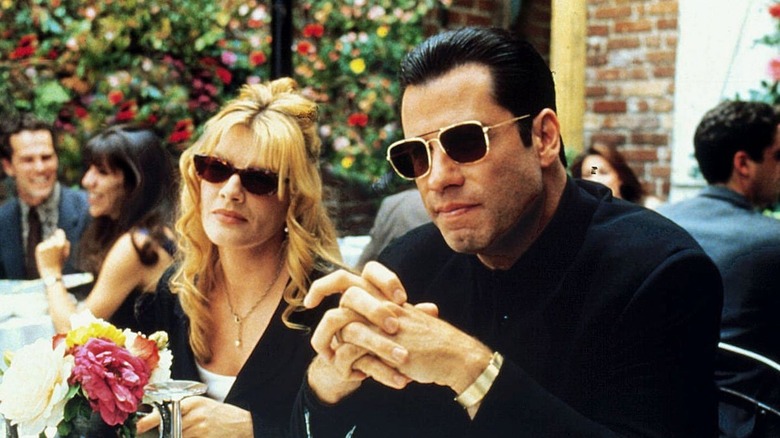Is Pulp Fiction Related To Get Shorty? Unpacking The Connections
Detail Author:
- Name : Alva Hamill
- Username : fritsch.callie
- Email : tamara90@littel.com
- Birthdate : 1985-11-21
- Address : 441 Lehner Fork Rafaelaport, MA 27628-0674
- Phone : 1-276-690-7757
- Company : Tillman, Runolfsdottir and Homenick
- Job : Animal Husbandry Worker
- Bio : Totam dicta qui commodi quod. Nam dolor earum rerum quod optio fugiat. Qui ut consequatur necessitatibus quia reiciendis quibusdam nobis. Eaque similique architecto et cum ut neque quis aut.
Socials
facebook:
- url : https://facebook.com/aniya.predovic
- username : aniya.predovic
- bio : Cumque fuga soluta accusamus itaque quisquam harum debitis.
- followers : 6706
- following : 204
instagram:
- url : https://instagram.com/predovica
- username : predovica
- bio : Aut impedit quia assumenda expedita. Numquam similique voluptatem aut voluptate.
- followers : 6622
- following : 1260
twitter:
- url : https://twitter.com/predovica
- username : predovica
- bio : Exercitationem soluta ut itaque totam beatae atque aliquid. Harum labore nostrum quod aut est iure optio. Quam eligendi illum voluptates consequatur maiores.
- followers : 6944
- following : 1882
linkedin:
- url : https://linkedin.com/in/aniya.predovic
- username : aniya.predovic
- bio : In quis asperiores in cupiditate earum.
- followers : 1354
- following : 442
tiktok:
- url : https://tiktok.com/@predovica
- username : predovica
- bio : Facere sed in aut possimus nam ut et.
- followers : 6989
- following : 2855
Have you ever watched Quentin Tarantino’s groundbreaking Pulp Fiction and Barry Sonnenfeld’s witty Get Shorty and wondered if they share a secret connection? It's a question many film lovers ponder, perhaps because both movies offer a distinctive take on the crime genre. You might feel a similar vibe, a certain cool, almost quirky approach to stories about tough characters and unexpected situations.
These two films, in a way, really capture a specific mood, a blend of sharp dialogue and unusual plot twists. They both have a knack for making you laugh even when things get a little tense, which is a pretty unique thing to pull off in a movie about criminals. So, it's not surprising people often put them side-by-side in their minds.
This article will explore the actual links, or the lack of them, between Pulp Fiction and Get Shorty. We'll look at their origins, their creators, and what makes each one stand out, to honestly figure out if there's more than just a shared feeling connecting these two popular pictures. You might be surprised by what we find.
Table of Contents
- The Essence of Pulp Fiction
- Exploring Get Shorty: Its Roots and Style
- Are They Connected? The Creative Teams
- The Shared Spirit of Genre and Tone
- Actors Who Crossed Paths
- The Meaning of "Pulp" in Film
- Why the Confusion? A Look at Perceived Similarities
- Frequently Asked Questions
The Essence of Pulp Fiction
Pulp Fiction, released in 1994, truly redefined independent cinema and, honestly, the crime film itself. It's a film known for its non-linear story structure, which means the events don't happen in chronological order. This kind of storytelling, you know, keeps you guessing and piecing things together as you watch.
Quentin Tarantino wrote and directed this movie. His unique style is pretty much stamped all over it. You get long, rambling conversations that seem to have nothing to do with the plot, yet they tell you so much about the characters. Then there's the sudden, jarring violence that can really catch you off guard, too it's almost a signature of his.
The movie follows several interwoven stories about Los Angeles criminals, from hitmen to a boxer, and their boss's wife. It's filled with memorable lines and iconic scenes that have stuck with people for decades. The title itself, Pulp Fiction, refers to the cheap, sensational magazines and books that were popular in the mid-20th century. These publications often featured crime stories, science fiction, and other exciting tales, written quickly and sold for a low price. The film, in a way, really captures that raw, gritty, yet often entertaining spirit of those old stories.
Exploring Get Shorty: Its Roots and Style
Now, let's talk about Get Shorty. This film came out in 1995, just a year after Pulp Fiction. It's a crime comedy that, you know, takes a much lighter, more humorous approach to the world of organized crime. The movie is based on a novel by the very celebrated author Elmore Leonard, who was known for his distinct voice and characters.
Barry Sonnenfeld directed Get Shorty. His background in cinematography, actually, gave the film a polished, almost slick look. The story centers on Chili Palmer, a Miami mobster who travels to Hollywood to collect a debt and ends up getting entangled in the movie business. He finds that the film world is, in some respects, just as shady as the mob, but perhaps a bit more ridiculous.
The humor in Get Shorty comes from the clash of cultures—the gritty reality of the mob meeting the often absurd, superficial world of Hollywood. It's a clever satire, and its characters, like Chili, are often charming even when they're doing questionable things. The dialogue is sharp, as you might expect from an Elmore Leonard adaptation, and it really drives the story forward.
Are They Connected? The Creative Teams
So, the big question: are Pulp Fiction and Get Shorty directly related through their creative teams? The simple answer is, honestly, no. They were made by different directors and written by different people.
Quentin Tarantino, as we discussed, was the driving force behind Pulp Fiction. He wrote the screenplay and directed it. His vision is pretty much unique to his own work, and he often creates his own original stories or adapts very specific source material in his own way.
Get Shorty, on the other hand, was directed by Barry Sonnenfeld. The screenplay was adapted by Scott Frank from Elmore Leonard's novel. These are distinct creative voices, and they bring their own styles and sensibilities to their respective projects. There's no shared director or writer connecting these two specific films directly, as a matter of fact.
The Shared Spirit of Genre and Tone
While there isn't a direct creative link, these two movies do share a certain spirit, you know, within the crime genre. Both films play with the conventions of crime stories. They take characters who are usually seen as menacing and give them quirks, making them, arguably, more human and sometimes even likable.
They both use humor to lighten what could otherwise be very dark subject matter. Pulp Fiction has its moments of dark comedy, like the "cleaner" scene, which is, you know, both horrifying and funny. Get Shorty is, pretty much, a full-blown comedy, but it still deals with dangerous people and situations.
This approach to crime stories, blending humor with violence and focusing on character interactions, was quite popular in the 1990s. Both films, in a way, really tapped into that trend, offering audiences something fresh and entertaining beyond the usual serious crime dramas. They both, essentially, showed that crime could be, like, a bit absurd too.
Actors Who Crossed Paths
One reason people might think these movies are connected is the presence of some familiar faces. It's fairly common for actors to work with different directors on various projects, and Hollywood, you know, can feel like a small town sometimes. John Travolta, for instance, had a huge comeback with his role in Pulp Fiction.
He then went on to star as Chili Palmer in Get Shorty. So, seeing the same lead actor in two very popular, critically acclaimed crime films released so close together could easily lead someone to wonder about a deeper connection. Samuel L. Jackson, another prominent actor from Pulp Fiction, also appeared in the sequel to Get Shorty, called Be Cool, though not the original film itself.
This kind of overlap in casting, you know, often happens in the film industry. Actors tend to work with people they trust or on projects that fit their style. It doesn't, however, mean the films are part of the same fictional universe or that they share a direct creative lineage beyond the actors themselves. It's just a common occurrence, really.
The Meaning of "Pulp" in Film
The word "pulp" itself can sometimes cause a bit of confusion, too it's almost a word with many meanings. In the context of Pulp Fiction, "pulp" refers to the cheap paper used for those sensational magazines and books we talked about. These stories were often considered lowbrow but were incredibly popular for their exciting plots and bold characters. The film, you know, really embraces that style, giving us something gritty and entertaining.
Now, when we think about the word "pulp" in a different setting, like in the name of a place that offers healthy drinks, it means something entirely different. For example, the "Pulp" in "Pulp Juice and Smoothie Bar" means the actual fruit and vegetable material. As "My text" explains, "Pulp juice and smoothie bar is your destination for the best smoothies around, because we use real fruit and real fruit and vegetable juices." It also mentions "Pulp lemonade our simple blend of freshly juiced apples & lemon." So, you see, the word "pulp" can refer to the physical, blended parts of fruit, quite unlike the literary genre.
The shared word "pulp" in the movie title and, say, a smoothie bar, is just a coincidence of language. One refers to a style of storytelling, while the other refers to a component of a drink. There's no, like, secret connection between the film's narrative and a refreshing beverage, as a matter of fact. It's just a word that, you know, has different meanings depending on where you find it.
Why the Confusion? A Look at Perceived Similarities
So, why do people often group these two movies together and wonder about their connection? It likely comes down to a few key factors that create a perceived similarity, even if a direct link doesn't exist. Both films, for instance, are set in the criminal underworld, but they approach it with a certain amount of dark humor and stylized violence. They don't take themselves, you know, overly seriously, which makes them stand out from more traditional crime dramas.
The dialogue in both films is also very distinctive. Pulp Fiction has its long, philosophical chats, while Get Shorty has its witty banter and sharp comebacks. This focus on strong, memorable conversations, you know, makes both movies feel very character-driven and engaging. It's almost like you're listening in on real people, even if they're, like, criminals.
Then there's the element of the unexpected. Both movies have plots that twist and turn in surprising ways. Characters find themselves in situations they didn't anticipate, and the audience, you know, is kept on their toes. This unpredictability, coupled with the cool, somewhat detached way the stories are told, really gives them a shared vibe. It's a style that, you know, just appeals to a lot of people who enjoy crime stories with a bit of a twist.
Both films also have a certain level of pop culture coolness. They were very popular when they came out and have remained favorites for many. Their soundtracks are also, you know, pretty iconic, adding to their overall appeal. So, when you combine the genre, the tone, the dialogue, the surprising plots, and the general popularity, it’s easy to see why someone might naturally wonder if they came from the same creative well. But as we've explored, while they share a spirit, their origins are, in fact, quite distinct. You can learn more about Quentin Tarantino's unique style on our site, and link to this page exploring the genre of crime comedies.
Frequently Asked Questions
Are Pulp Fiction and Get Shorty in the same universe?
No, they are not part of the same fictional universe. Pulp Fiction is an original story by Quentin Tarantino, while Get Shorty is an adaptation of an Elmore Leonard novel. They exist in their own separate cinematic worlds, you know, with distinct characters and storylines.
Did Quentin Tarantino direct Get Shorty?
No, Quentin Tarantino did not direct Get Shorty. That film was directed by Barry Sonnenfeld. Tarantino, of course, directed Pulp Fiction, which is his own unique creation. They are, you know, different directors with their own projects.
What genre are Pulp Fiction and Get Shorty?
Both Pulp Fiction and Get Shorty generally fall into the crime genre, but they both add a lot of comedy. Pulp Fiction is often described as a neo-noir crime film with elements of dark comedy, while Get Shorty is more of a straightforward crime comedy. They both, you know, play with the usual rules of crime stories in pretty fun ways.
For more insights into the world of film and its many connections, you might want to check out the Internet Movie Database (IMDb), which is a great place for movie information.


